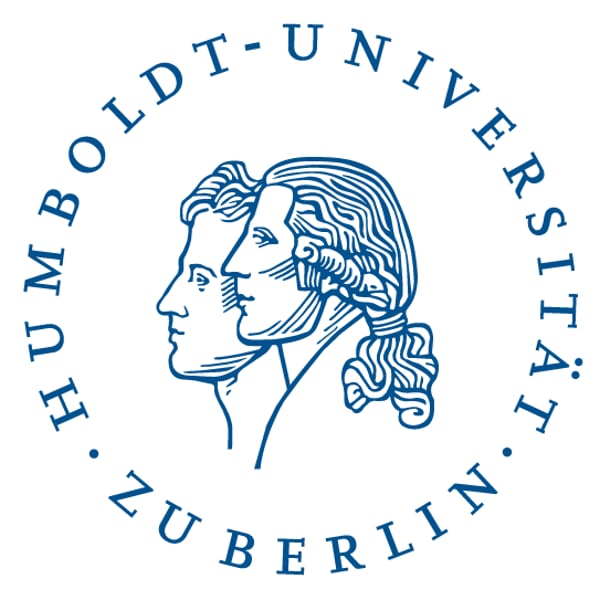
Lehrbeauftragte
Georgenstr. 47, 10117 Berlin
Büro: tba
Telefon: tba
EMail:
Sprechzeiten: nach persönlicher Vereinbarung
Max-Planck-Institut für Wissenschaftsgeschichte profile: https://www.mpiwg-berlin.mpg.de/de/people/tnovick
Out of Place, Out of Time working group: https://www.mpiwg-berlin.mpg.de/research/projects/out-place-out-time
Book: https://mitpress.mit.edu/9780262039079/milk-and-honey/
